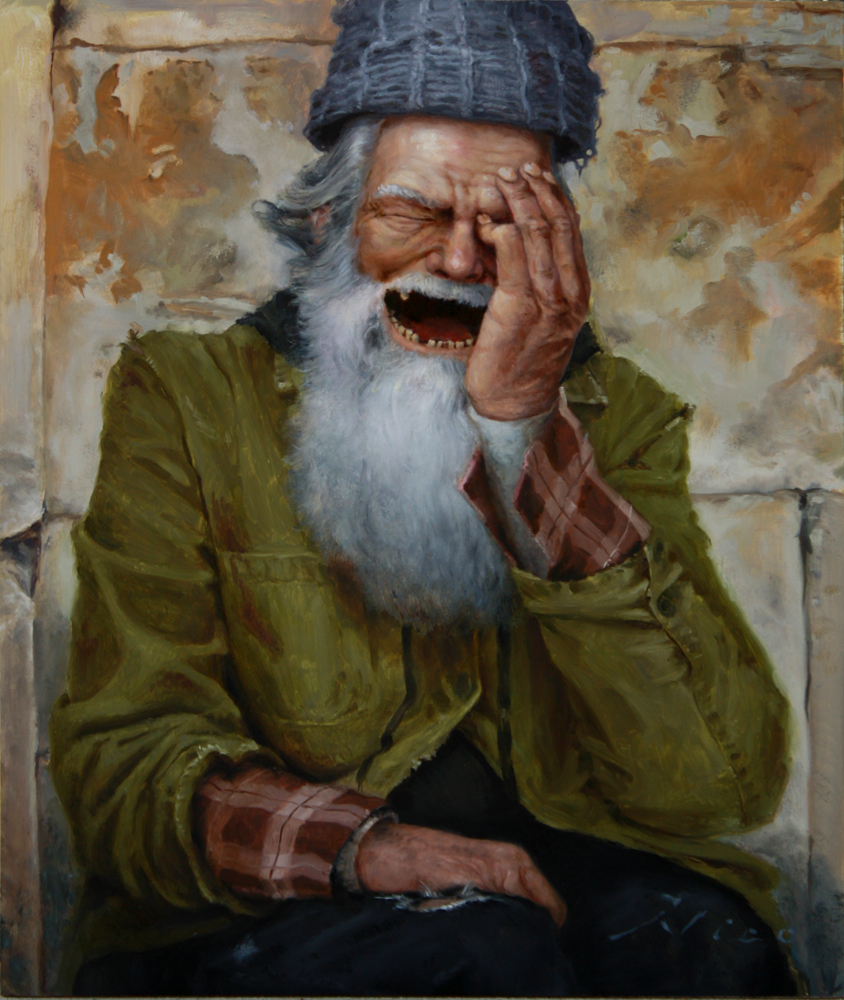Difference between revisions of "Giggle (cantrip)"
Tao alexis (talk | contribs) |
Tao alexis (talk | contribs) |
||
| Line 1: | Line 1: | ||
[[File:Giggle (cantrip).jpg|right|490px|thumb]] | [[File:Giggle (cantrip).jpg|right|490px|thumb]] | ||
| − | '''Giggle''' | + | '''Giggle''' is a cantrip that induces nervous or mocking giggles in the targeted recipient as per the caster's intent. Unless a successful [[Saving Throws|saving throw]] against magic is achieved, the giggling will persist for one [[Combat Round|round]], effectively [[Stun Lock|stunning]] the creature. Naturally, the recipient must be a humanoid of some kind that has the physical capacity to giggle. |
{{Spelltable | {{Spelltable | ||
| name = Giggle | | name = Giggle | ||
| range = 10 ft. | | range = 10 ft. | ||
| − | | duration = 1 | + | | duration = 1 round |
| area of effect = 1 creature; see text | | area of effect = 1 creature; see text | ||
| casting time = 2 [[Action Points|action points]] | | casting time = 2 [[Action Points|action points]] | ||
| Line 11: | Line 11: | ||
| level = [[Cantrip|cantrip]] | | level = [[Cantrip|cantrip]] | ||
}} | }} | ||
| + | __TOC__ | ||
| + | In combat situations, those adjacent to the giggler are likely to be disturbed or confused by their allies behaviour, distracting them so as to recieve a -1 penalty on their [[roll to hit|to hit rolls]]. Outside of combat, the giggling will draw the attention of others at once, serving as a moderate distraction as they attend to their friend. | ||
| − | + | The giggler, in turn, should be made to stagger [[Combat Hex|one hex]] in a random direction, though never towards an enemy. There's a 1 in 4 chance that they'll drop their weapon, as they're laughing so hard they can't hold onto it. When the effect wears off, as it does quickly, affected characters must spend one more round — often retreating at a wary pace — reorienting themselves with their surroundings. | |
| − | |||
| − | |||
| − | |||
| − | |||
See [[Person-affecting Cantrips]] | See [[Person-affecting Cantrips]] | ||
| − | [[Category: Cantrips]][[Category: | + | [[Category: Cantrips]][[Category: Reviewed]] |
Latest revision as of 02:07, 28 November 2023
Giggle is a cantrip that induces nervous or mocking giggles in the targeted recipient as per the caster's intent. Unless a successful saving throw against magic is achieved, the giggling will persist for one round, effectively stunning the creature. Naturally, the recipient must be a humanoid of some kind that has the physical capacity to giggle.
| Range | 10 ft. |
| Duration | 1 round |
| Area of Effect | 1 creature; see text |
| Casting Time | 2 action points |
| Saving Throw | negates |
| Level | cantrip |
In combat situations, those adjacent to the giggler are likely to be disturbed or confused by their allies behaviour, distracting them so as to recieve a -1 penalty on their to hit rolls. Outside of combat, the giggling will draw the attention of others at once, serving as a moderate distraction as they attend to their friend.
The giggler, in turn, should be made to stagger one hex in a random direction, though never towards an enemy. There's a 1 in 4 chance that they'll drop their weapon, as they're laughing so hard they can't hold onto it. When the effect wears off, as it does quickly, affected characters must spend one more round — often retreating at a wary pace — reorienting themselves with their surroundings.
